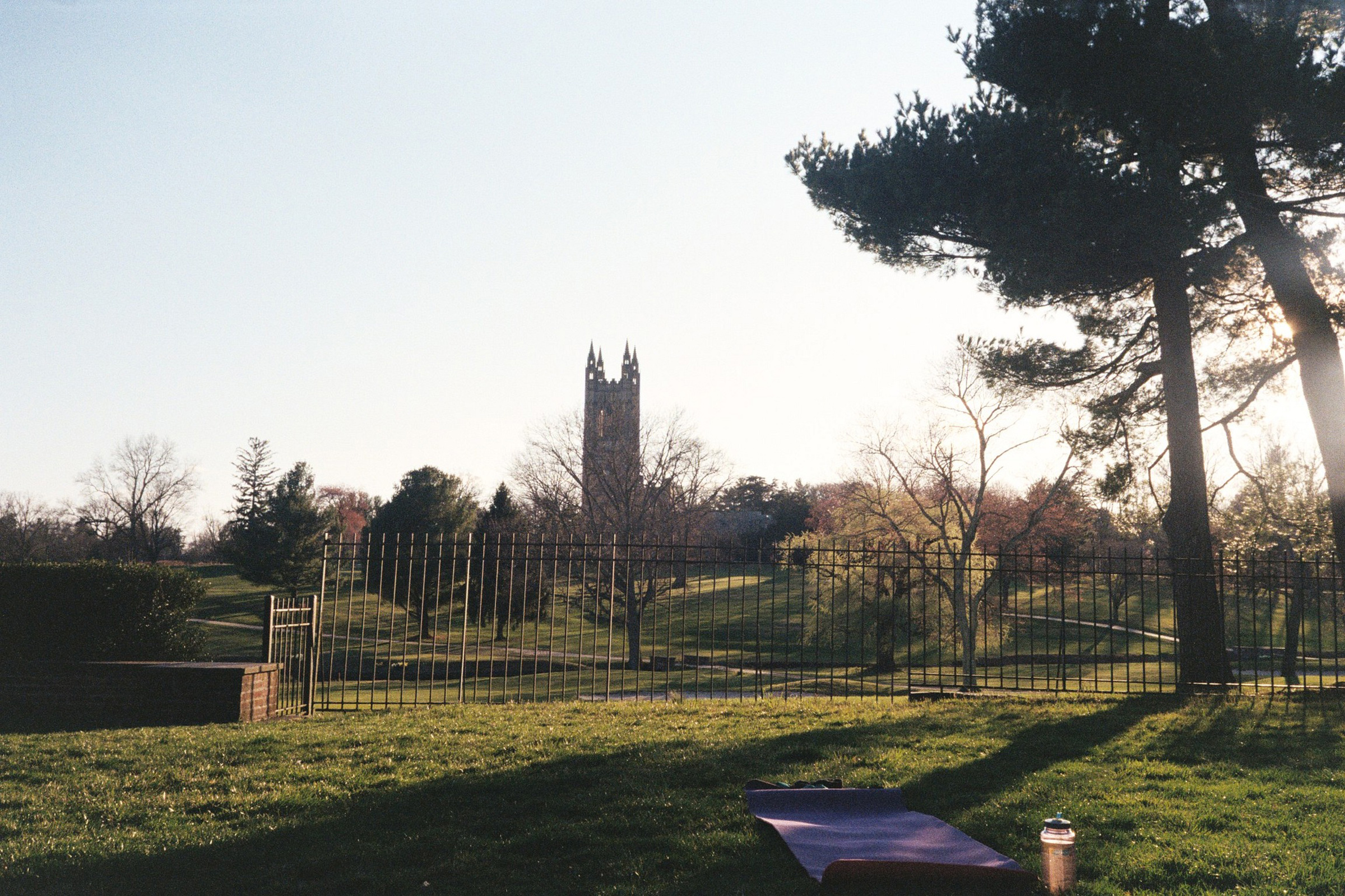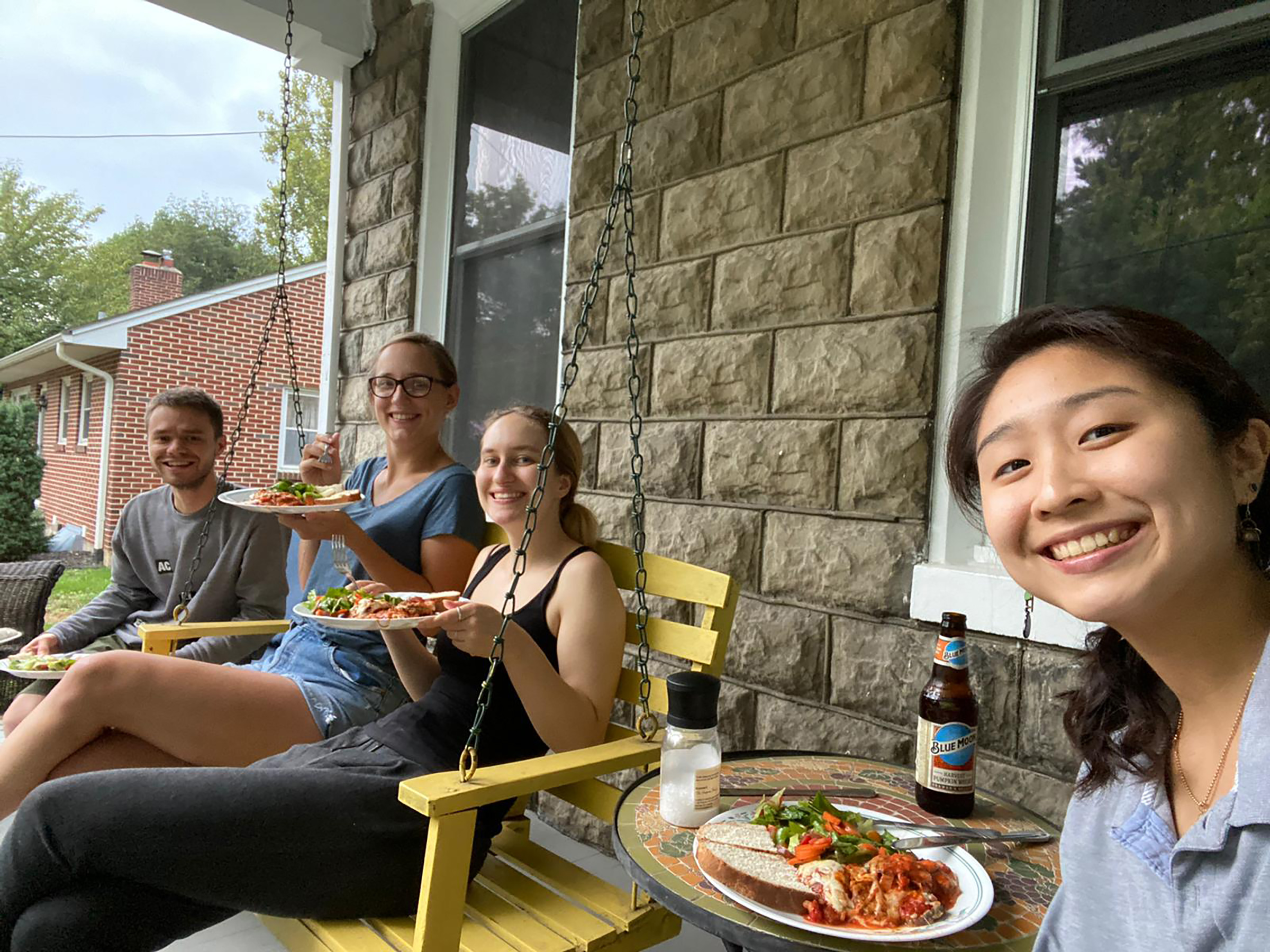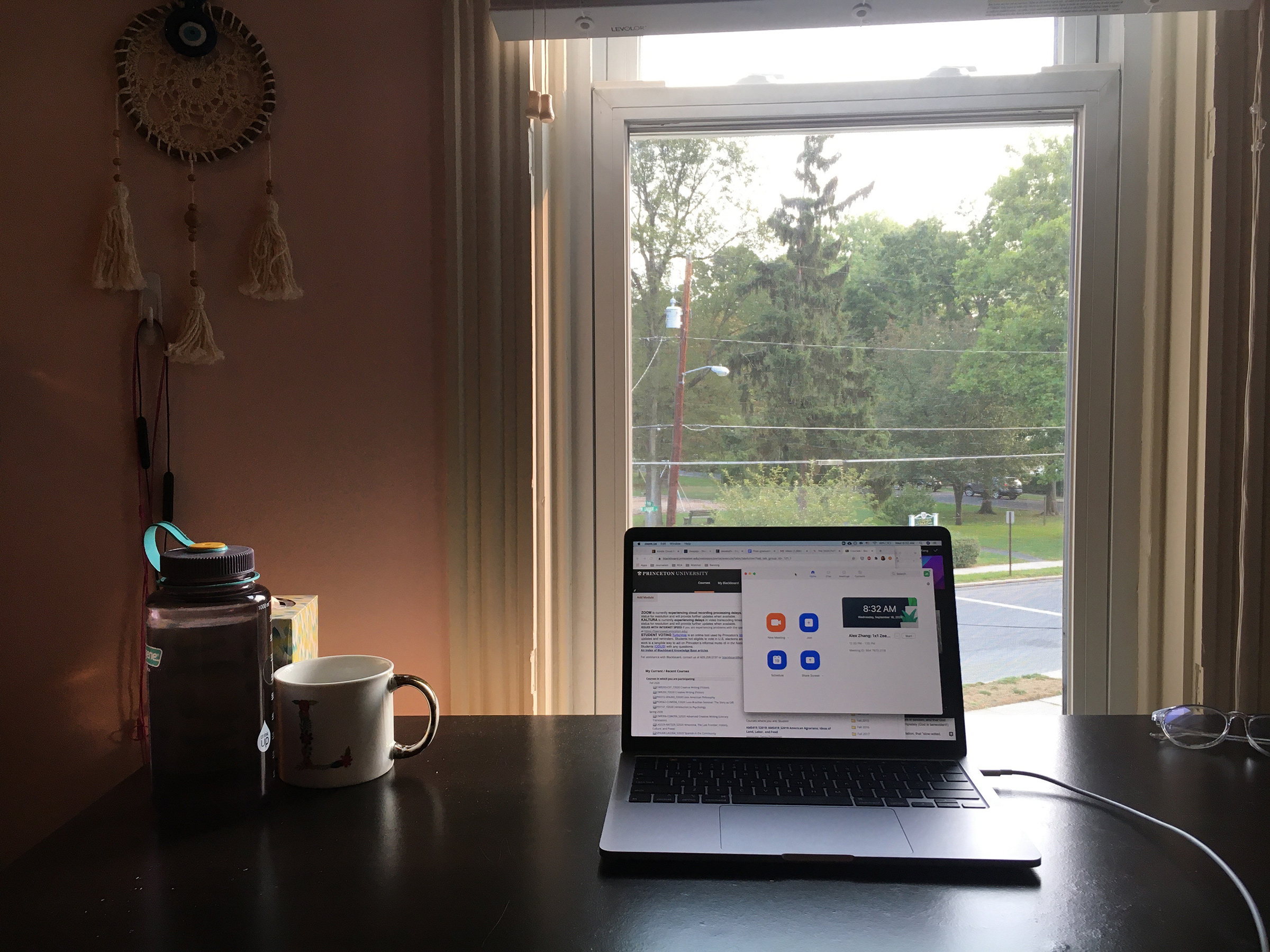
I’d always imagined starting my senior year at Princeton University within the ivy-lined, stone-walled campus I grew to call home. Instead, I’ve been going through the motions of college from a desk on the second floor of a rented home in Carlisle, Penn., where my version of “campus life” has shrunk to a screen and four in-person classmates.
All across the nation, students like me have been forced to reimagine what—and where—college will be this fall. While some have opted to remain at home, others have joined friends in renting “college houses” across the country and around the world. My classmates are no exception: although many are clustered near Princeton, I know of groups living in Park City, Utah; Chapel Hill, N.C.; and London.
It’s sad not to be on campus, and I understand the challenges of remote learning for so many. But as much as I miss the serendipitous run-ins with friends, the meals in the dining halls and the quiet library nights, I’ve come to realize that this break from the campus-based experience might hold value too.
Here in Pennsylvania, many of my fall rituals have remained the same: I go to class (online), eat most meals with my (four) friends and try to take advantage of the remaining summer days before the chill settles in. Though I’ve never been here before, Carlisle, a suburban college town much like Princeton, feels familiar with its abundance of Adirondack chairs and run-friendly roads. It’s also in the same time zone, which was one of the reasons that I, an international student from South Korea, chose to return to the United States for my online classes.

Keep up to date with our daily coronavirus newsletter by clicking here.
Time zones were one common baseline I took for granted when my classmates and I all lived in Princeton. So were the other equalizing aspects of campus life: the ability to live in the same dorms, eat the same food and study in the same spaces. Now the baseline is simply the ability to demarcate our days with the closing and shutting of a screen, and the daily reminder that we are living through a pandemic in which people like us—young and in college—are often portrayed as part of the problem.
These days, the most talked-about news coming from college campuses concern large parties, the suspension of hundreds of students and the spread of COVID-19 in college towns. Such actions are irresponsible and selfish. But there are just as many college students who are holding ourselves to strict standards of health and responsibility. The day we moved into our house in Carlisle, my roommates and I began our first meeting with a discussion of our COVID-19 policies: would we be able to visit other people? Should friends be able to visit us? Could we bake cookies for the neighbor when our two weeks’ isolation were over?
As a residential advisor at school, I’m familiar with the awkward necessities of roommate contracts and conflict resolution. But what used to be a casual, play-it-by-ear routine has become, for many of us, a necessary task. The conclusions we reach—about communicating clearly, respecting personal space and being accountable to ourselves and to one another—are ones I hope we’ll bring back with us to our campuses, especially given the problems that arise when these basics aren’t met.
Away from the often-overwhelming nature of a campus-based college experience, I’ve also more fully enjoyed the moments in which I am not defined by school. At dinnertime, my housemates and I shake off our primary identities as students when we get together and cook; over dishes like Korean rice wraps and pasta salad, we listen to music and talk about our days. We spend our weekends meandering around Carlisle, familiarizing ourselves with a wonderful place we otherwise might never have known. Unlike on campus, I’m not anxiously rushing from a rehearsal to a meeting or from a class to a study session, all within the same one-mile radius. Instead, my housemates and I have the space to consider what we really value beyond the scholastic obligations we carry. We have more time to sit with one another, discussing the opportunities the pandemic has cost us, but also the ones it can newly provide.
We recognize, of course, that such optimism is only possible because of privileged circumstances. I could afford to rent an off-campus home thanks to my school’s COVID-specific financial-aid adjustments, and no visa or travel restrictions challenged my entry into the U.S. like they have done to international first-years and students from certain countries. I have a room of my own, a reliable internet connection and a campus job that has, despite some hiccups, translated to the online environment. I’m also surrounded by close friends, which may not be the case for the handful of students who, for reasons ranging from housing insecurity to research needs, have moved into half-closed campuses across the nation; having lived that reality in the spring as an international student urged not to go home, I know how lonely it can be to inhabit, as one of a few, a space designed for many.

Yet despite the differences in our individual circumstances, I do believe that this time away from college has the potential to make us into kinder people and more conscientious students. My senior housemates and I are hopeful that, in the spring, the capstone of this growth will take place on a campus with all the people who’ve made college what it is. But even if it doesn’t, we’ll still be graduating with a history we’ll talk about for years: the time we were far apart with uncertainty clouding our paths, but one that we endured together and hopefully made us better.
Please send any tips, leads, and stories to virus@time.com.
More Must-Reads From TIME
- The 100 Most Influential People of 2024
- How Far Trump Would Go
- Scenes From Pro-Palestinian Encampments Across U.S. Universities
- Saving Seconds Is Better Than Hours
- Why Your Breakfast Should Start with a Vegetable
- 6 Compliments That Land Every Time
- Welcome to the Golden Age of Ryan Gosling
- Want Weekly Recs on What to Watch, Read, and More? Sign Up for Worth Your Time
Contact us at letters@time.com